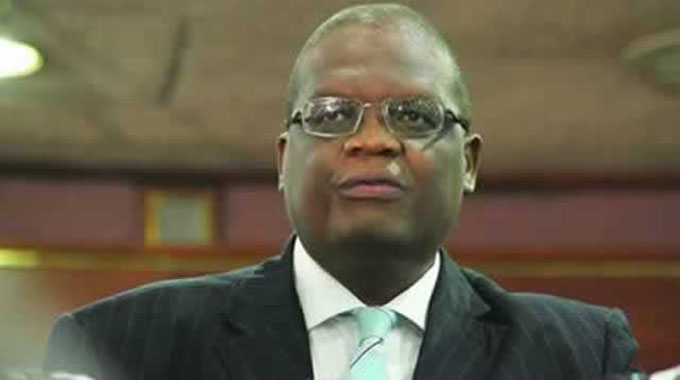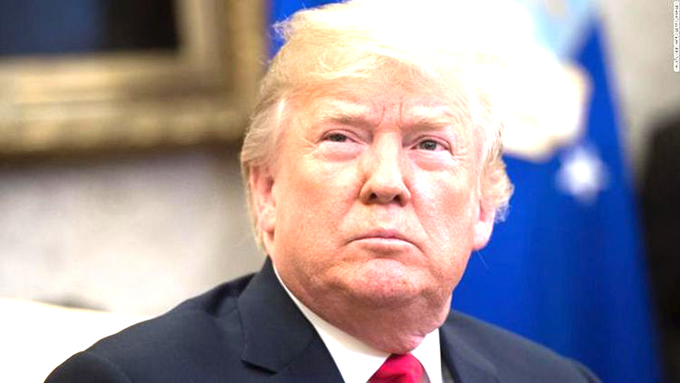EDITORIAL COMMENT : MutuaAl EU, Zim dialogue guarantees sustainability

Zimbabwe and the European Union (EU) on Wednesday launched formal dialogue opening a new chapter of relations after two decades of acrimony.
Suffice to say, the EU should have started with dialogue, before meting out the treatment of the last decade to Zimbabwe which — as history will surely demonstrate — had to do with group identification with Britain during its fallout with Zimbabwe over the historical issue of land.
Dialogue could have made a difference. Many things — from hope, opportunities, businesses to goodwill and little everything else — in these two decades could not have been lost. A lot would have been achieved had it not been for this hiatus.
However, what happened, indeed happened and it is never too late to dialogue.
All the same, it is prudent that the European bloc has finally seen reason to officially engage and dialogue with Zimbabwe, as a way of finding each other and solutions on critical matters, instead of keeping Zimbabwe at arms-length.
Dialogue is the way to go. The more you talk to each other the more you understand each other and indeed the more you quickly find common ground. Dialogue is therapeutic. Of critical importance is that the dialogue process is based on Article 8 of the Cotonou Partnership Agreement which governs relations between member states of the African-Carribean-Pacific regions and the EU. This article gives credence, depth and legitimacy to the dialogue process. In short, this is not back door dialogue, but very, very, very official.
It goes without saying that the decision by EU to dialogue with Zimbabwe comes from the realisation that President Mnangagwa has done extremely well to create space for fruitful local and international engagement.
There is no doubt that President Mnangagwa’s re-engagement policy which seeks to reintegrate Zimbabwe into the global family of nations is the main factor in triggering dialogue. Let credit go to where it belongs.
There is no doubt that the dialogue opens a fresh page with major geopolitical implications and benefits for Zimbabwe, whose international relations soured domestic prospects for growth economically and socially.
So inclusive is the dialogue that it is co-chaired by Foreign Affairs and International Trade Secretary Ambassador James Manzou and the Head of the EU Delegation to Zimbabwe, Ambassador Timo Olkkonen. May God and the ancestors give them the much needed wisdom and strength to effectively direct the deliberations.
Many people might not know that the launch of the dialogue was a culmination of three years of informal dialogue between the two parties.
One other critical factor is that the official launch of this dialogue laid the groundwork for a frank constructive engagement on all issues aimed at strengthening our relations.
The fact that the dialogue comes at a time Zimbabwe is implementing its Transitional Stabilisation Programme, aimed at creating an Upper Middle Class Economy by 2030, means the improvement of relations will feed into the vision and its implementation.
Ambassador Manzou said through Vision 2030, the Government under the guidance of His Excellency President Mnangagwa has committed to transform the country into an upper middle income economy by 2030.
Again, the improvement of relations between Zimbabwe and EU will also nourish the Government political and economic reforms that are key in creating a conducive environment for business and, more importantly, for improving the life of ordinary citizens.
It cannot be denied that the formal political dialogue between EU and Zimbabwe will from now on become an integral part of the relations between the two.
The dialogue whose next official meeting is in November, is a useful platform to exchange views on topics that are of common interest and identifying areas where relations can be improved.
We all hope that there is room for a frank exchange of views on contentious issues, without big brother mentality. Agreements and disagreements are part of dialogue matrix, but what is critical is that commitment to reaching common understanding.
It therefore, calls for soberness, mutual respect, a shared vision and shared values on the issues central to national peace and development. A sound relationship between Zimbabwe and EU is a harbinger of big business, big investment and big opportunities.
This becomes more critical considering that issues under discussion range from economic development, trade and investment, climate change and its humanitarian impact, human rights, democracy, rule of law and good governance, as well as development cooperation, migration and regional and international cooperation.
But most importantly these values should not be seen only from the European perspective. All is well that is mutual.










Comments